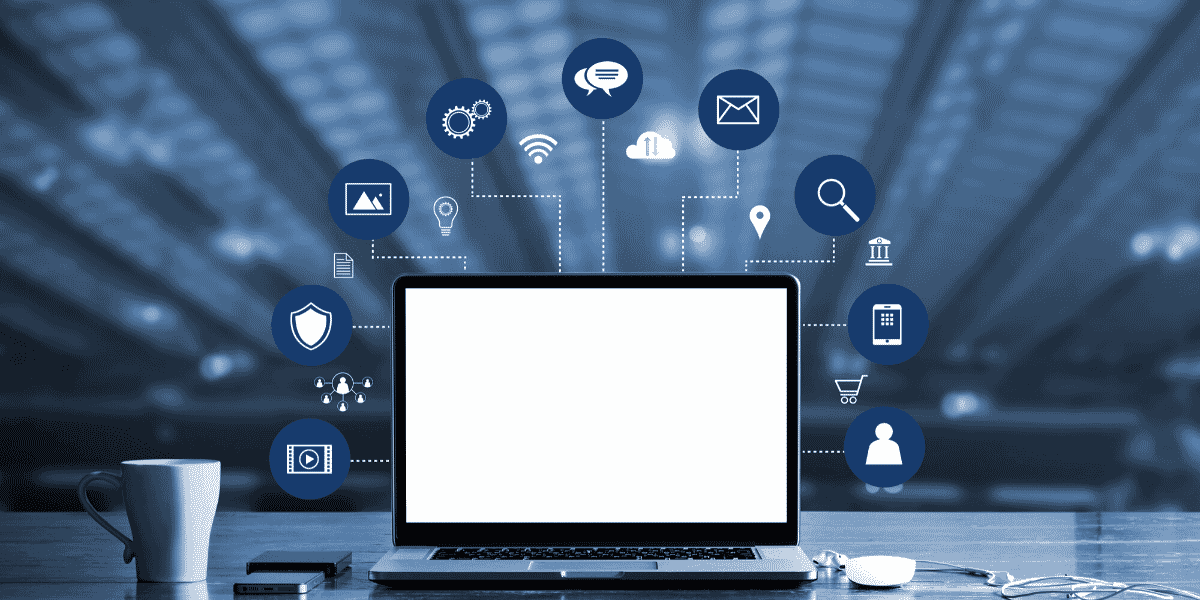

The world of digital disruption
Digital disruption and transformation are spoken about in the business world constantly, but what are they? How can you be ready for them? We can help.

Steve Fletcher
28th Nov 2024
Digital disruption and digital transformation. These terms are often interchanged, but what do they mean?
What is digital disruption?
Disruption or a disruptor simply put is a “game-changer”. It can relate to a company or a technology that changes the playing field so much that it can never go back to the way it was. In the case of a technology or product, it is not a USP, a cheaper alternative, or an improved version. It is a true replacement that is popular enough to displace the conventional forever. This new disruptor will then undoubtedly be improved upon and revised endlessly and become the new “playground”.
Examples of disruptive technologies
- iPhone: the first smartphone that people could buy into. It combined iPod, iTunes and the internet into a package that everyone could instantly use.
- 3D printing: one-off production and prototypes used to have a slow design, production, and fabrication process. Within a number of hours, we can now create plastic and metal parts using 3D printing.
- LEDs : low cost and efficient replacement for traditional lighting types.
- Barcodes: before barcodes came around, asset management was no easy feat, it was manually intensive, slow and inaccurate.
So what is digital disruption? It is a disruptor that exists in a completely digital environment. Whether it be a work, corporate or ERP environment, the digital disruptor changes the game. Namely the software and services that change the way we work and do business together.
Examples of digital disruptors
- Netflix: streaming video technology did not start with Netflix, but it changed the application of the technology and made it something that is now the norm.
- Wikipedia : a form of information created by the masses for the masses. It bypassed the costly revisions of the Britannia Encyclopedia that were the staple.
Where do disruptors come from?
Often in business, disruptors frequently compete with established companies outside their industry, the most compelling reason is that they bring experience and knowledge learnt in their industry to the new arena.
What is digital transformation?
It is the implementation of digital technology to solve problems in the business. The transformation is the change and change management, that enables the adoption of the new technology in the organisation. The technology could be anything. It could be in the integration of a new software package or the implementation of an ERP, the addition of a new module, or the addition of a Data Capture solution to an existing ERP.
When does transformation end?
Once the project is completed and the new ‘business as usual’ is established, it is transformed. Every time a new project is undertaken and transformation or change is started, it concludes with the acceptance of the change by the business. The ever-growing demands on businesses to keep up and change fast mean that it is likely that numerous projects are happening at the same time across an organisation.
How can we help?
Cedar Bay can help you react to digital distruption and support you through a digital transformation. Whether you’re thinking about implementing an ERP solution, or you’re considering utilising Data Capture, we can help manage the change within your business. If you’re interested in leveraging the opportunities that digital change can bring, get in touch via the contact us button today.
You may also like…
Blogs


